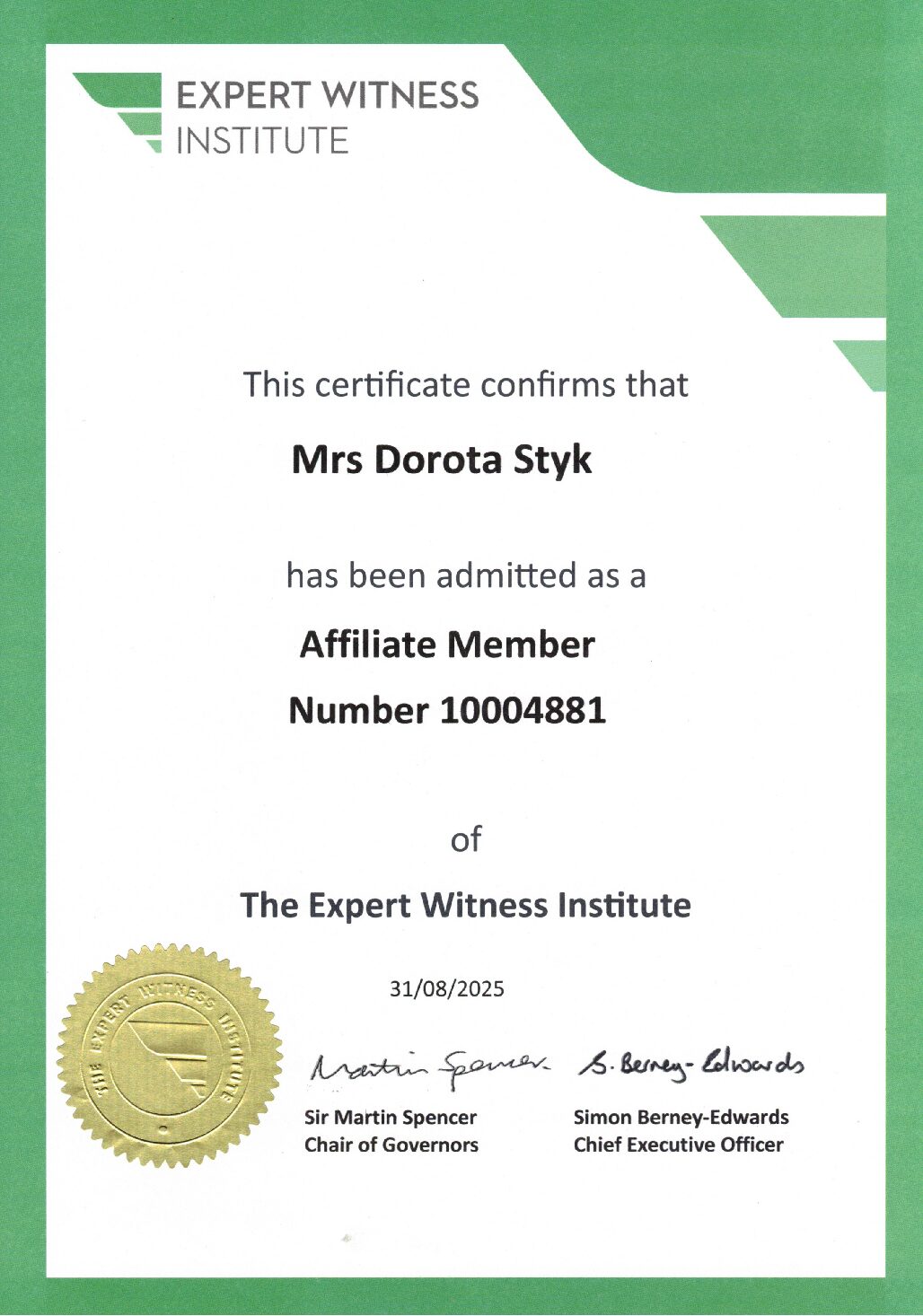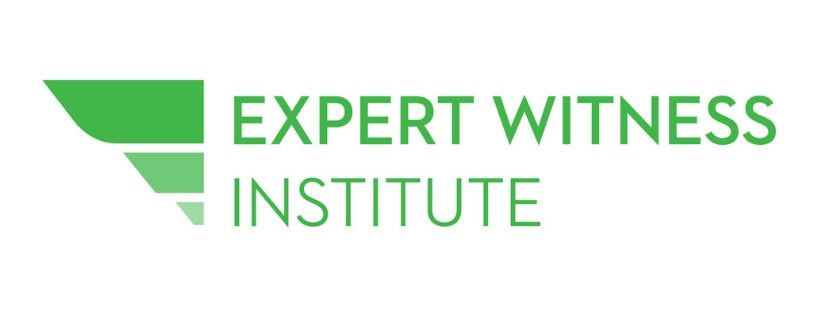I wish to formally announce my accreditation as a member of the Expert Witness Institute (EWI). This affiliation constitutes a substantive progression in my dedication to the application of the most stringent standards of empirical scrutiny and objective evidence synthesis within the juridical system.
My scholarly focus resides in the domain of Computational Cognitive Neuroscience and Psychology, a discipline concerned with the development of formal, quantitative models to explicate the mechanisms underlying human cognition, executive function, and behavioural outputs. My methodology involves the construction and empirical validation of computational models—ranging from dynamical systems to connectionist networks—to formalise theories of mental architecture. This is achieved through the application of data-driven techniques, including multimodal neuroimaging (fMRI, EEG/MEG), psychophysical experimentation, and the quantitative analysis of behavioural phenotypes.
The function of the expert witness in this specialised field transcends mere data presentation; it necessitates the rigorous translation of complex neuroscientific and psychometric evidence into a forensically robust and judicially admissible framework. The mandate of the EWI, which emphasises evidential clarity and analytical objectivity, is intrinsically congruent with the principles of the scientific method. This membership furnishes a structured paradigm for:
-
The Enforcement of Methodological Rigour: Guaranteeing that all expert testimony is predicated upon falsifiable hypotheses, peer-reviewed literature, replicable experimental findings, and robust statistical inference, thereby mitigating subjective interpretation.
-
The Optimisation of Communicative Fidelity: Cultivating the capacity to articulate complex, model-derived constructs—such as parameter estimation from fitting, predictive likelihoods, or multivariate pattern analysis—with semantic precision for legal stakeholders, while preserving scientific veracity.
-
The Adherence to Ethical and Procedural Standards: Operating within a framework that mandates impartiality, requires a clear demarcation between evidence-based inference and theoretical speculation, and acknowledges the significant implications of scientific testimony within legal proceedings.
I anticipate active collaboration within the EWI’s community of scholars and legal practitioners. I intend to contribute to the critical discourse on the validation, admissibility, and communication of complex scientific evidence. This membership is a foundational element of my professional practice, ensuring that my contributions to matters pertaining to cognitive capacity assessment, behavioural prediction, neuropsychological trauma, or mental state evaluation are characterised by empirical robustness, methodological transparency, and forensic credibility.


